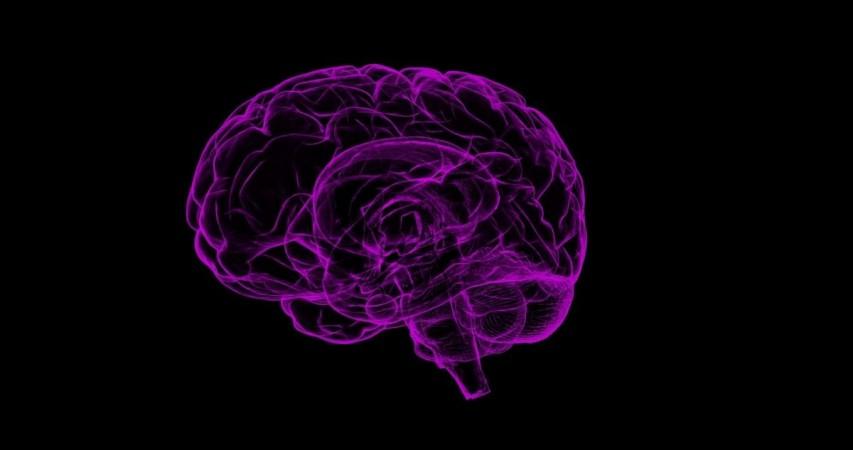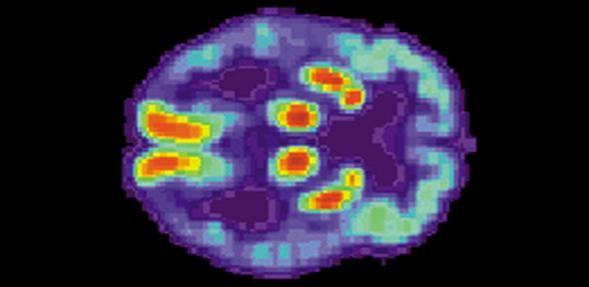The number of dementia cases is likely to increase to 1,14,22,692 in India by the year 2050.
As per the Global Burden of Disease study, the cases of dementia in India were estimated to be 38,43,118 in the year 2019.
In a written reply in the Lok Sabha, Minister of State for Health and Family Welfare, Dr. Bharati Pravin Pawar said that the risk for dementia can be potentially reduced by better management of diabetes and hypertension.
The Minister further said that the Government of India is implementing the National Programme for Prevention and Control of Cancer, Diabetes, Cardiovascular Diseases and Stroke (NPCDCS) with a focus on strengthening infrastructure, human resource development, screening, early detection, and management of common Non Communicable Diseases (NCDs) including diabetes and hypertension.

Replying to a question whether the government intends to evaluate the prevalence of risk factors associated with dementia and implement policies to address the said risk factors, the Minister said, "screening for common NCDs is also an integral part of service delivery under Ayushman Bharat – Health and Wellness Centres".
"Government is also implementing the National Programme for Health Care of the Elderly (NPHCE)", the Minister said.
"The major activities of NPHCE include setting up of Geriatric Department in regional Geriatric Centres (RGC) with OPD care services and 30 bedded Geriatric Ward, setting up of Geriatric units at District Hospitals to provide specialized Geriatric Services including a 10 bedded Geriatric Ward, the establishment of a rehabilitation unit at all Community Health Centres and Geriatric Clinics twice a week, setting up of weekly Geriatric Clinic by trained Medical Officers at Primary Health Centres and information, education and communication activities on healthy lifestyle, home care to the bedridden and supporting devices for the needy elderly persons at sub-center level", the MoS Health said.

716 districts across the country are selected to address the burden disorders
The Minister further informed that to address the burden of mental disorders, the Government is supporting the implementation of the District Mental Health Programme (DMHP) under NMHP in 716 districts of the country for the detection, management, and treatment of mental disorders/ illness.
"Under the Tertiary care component of the National Mental Health Programme, 25 Centres of Excellence and 47 PG Departments have been sanctioned to increase the intake of students in PG departments in mental health specialties as well as to provide tertiary level treatment facilities", the Minister informed the Lok Sabha.
Facilities for early detection and treatment of Alzheimer's disease are set up in hospitals.
The Central and State Mental Health Institutions and the Psychiatric wings of the Central and State medical colleges also have facilities for the early detection and treatment of Alzheimer's Disease, which is the most common cause of dementia.

Steps being taken by the government to discourage smoking
Smoking can increase the risk of dementia by increasing the risk of cardiovascular disease, diabetes, and stroke, narrowing the blood vessels in the heart and brain, and causing oxidative stress which damages the brain.
The Ministry of Health & Family Welfare has enacted comprehensive legislation, namely the Cigarettes and Other Tobacco Products (Prohibition of Advertisement and Regulation of Trade and Commerce, Production, Supply, and Distribution) Act, 2003 (COTPA 2003) to discourage the consumption of tobacco products to protect the masses from the health hazards attributable to tobacco use.








